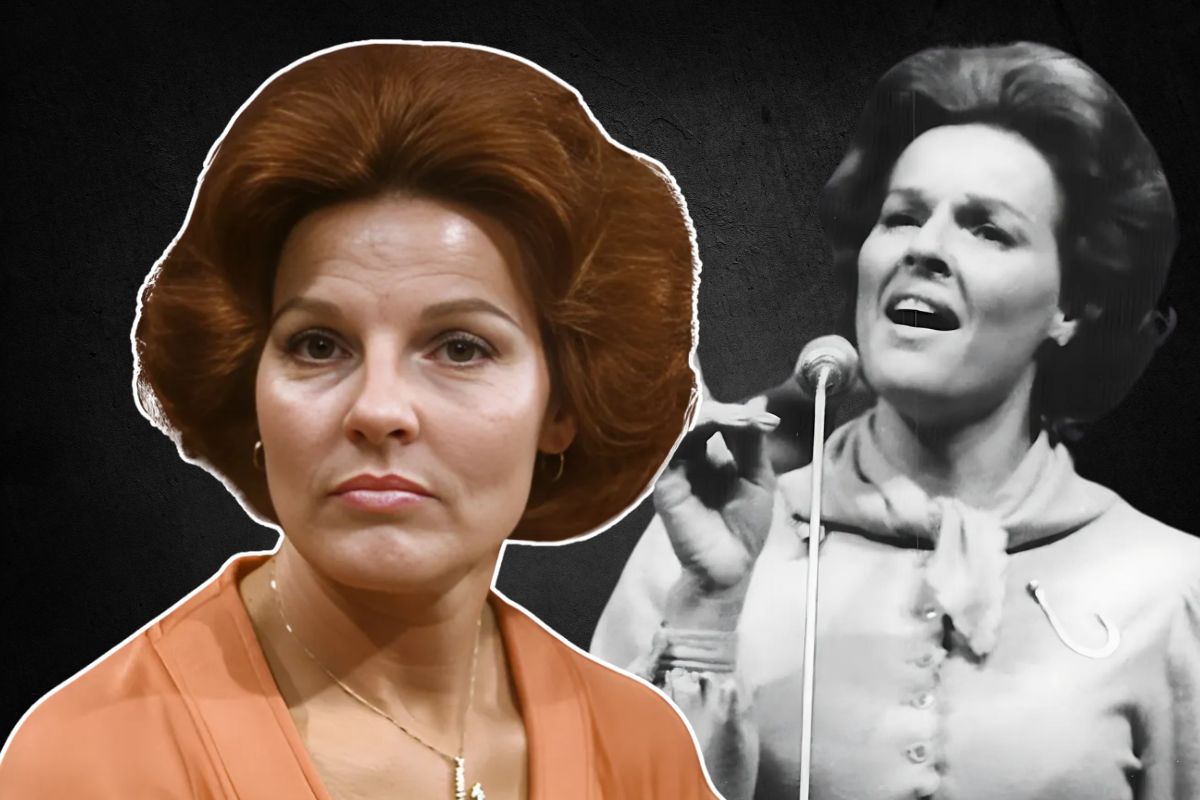Anita Bryant’s Passing at 84- A Look Back at Her Career and Political Impact

Anita Bryant, a multi-Grammy-nominated singer and former Miss Oklahoma, died on December 16, 2024, at her home in Edmond, Oklahoma. She was 84 years old. Bryant’s career includes significant results in music and beauty pageants, as well as a difficult battle against LGBT rights in the United States.
Death
Anita Bryant died on 16 December 2024 at her Edmond, Oklahoma home after a battle with cancer. She was 84 years old. Her end marks the conclusion of a life that crossed with watershed eras in American cultural and political history.
Early Life and Musical Beginnings
Anita Jane Bryant was born on March 25, 1940, in Barnsdall, Oklahoma. At a very young age, she stood out in local fairs and church meetings, showing style to sing. Their determination and voice won her Miss Oklahoma, an event that would catapult her to national recognition.
The Miss Oklahoma and Miss America pageants
Bryant won Miss Oklahoma in 1958 and finished second runner-up in the 1959 Miss America competition. These successes thrust her into the national limelight and led to opportunities in the entertainment sector.
Rise to Fame in the Music Industry
Bryant’s early life and rise to fame, Anita Bryant’s professional music development emerged in the late 1950s and through the early 1960s as multiple Top-40 hits success; “Paper Roses” and “In My Little Corner of the World” this made Bryant popular nationally before audiences made her a television darling on every kind of show available on that broadcast medium then for American shows or concert sites, too.
Florida Citrus Commission Spokesperson
Beyond her songs, Bryant became associated with Florida orange juice. In 1969, she was named the spokesman for the Florida Citrus Commission, famously stating, “Breakfast without orange juice is like a day without sunshine.” Her involvement with the company increased orange juice sales and solidified her place in American pop culture.
A transition towards Political Activism
In the mid-1970s, Anita Bryant concentration turned from entertainment to politics. As a fervent Christian, she grew increasingly open about her conservative beliefs, notably on LGBTQ+ issues.
The “Save Our Children” Campaign
In 1977, Bryant led the “Save Our Children” campaign in Miami, Florida. The campaign sought to abolish a newly established ordinance that barred discrimination based on sexual orientation. Bryant stated that the ordinance violated parental rights and threatened traditional family values. Her effort was successful, and the ordinance was repealed, sparking a nationwide discussion over homosexual rights.
Public Backlash and Career Decline
Anita Bryant activity drew harsh reactions. Supporters applauded her for sticking to her principles, while detractors accused her of encouraging intolerance. The criticism had a direct impact on her career; she lost sponsorship arrangements, including one with the Florida Citrus Commission, and faced boycotts of her songs and concerts.
Personal Life and Family
Bryant married Bob Green, a Miami DJ, in 1960. The couple has four children together. Their marriage ended in divorce in 1980, which shocked many considering Bryant’s support for conventional family values. In 1990, she married her second husband, Charlie Dry, with whom she remained until he died in 2024.
Later Years and Legacy
Anita Bryant had a modest public presence in her latter years and lived in Oklahoma. She remained active in Christian ministry and occasionally talked on matters that aligned with her convictions. Her legacy is multifaceted; she is known for both her talents in music and her divisive participation in the cultural debate over LGBTQ+ rights.
Conclusion
Anita Bryant’s life was a combination of skill and passionate action. Her transformation from a famous artist to a political figure of great importance reveals the difficulties that arise in public life due to changing social norms. While her songs made many people happy, her political acts have created a mark that continues to bring up debate.






